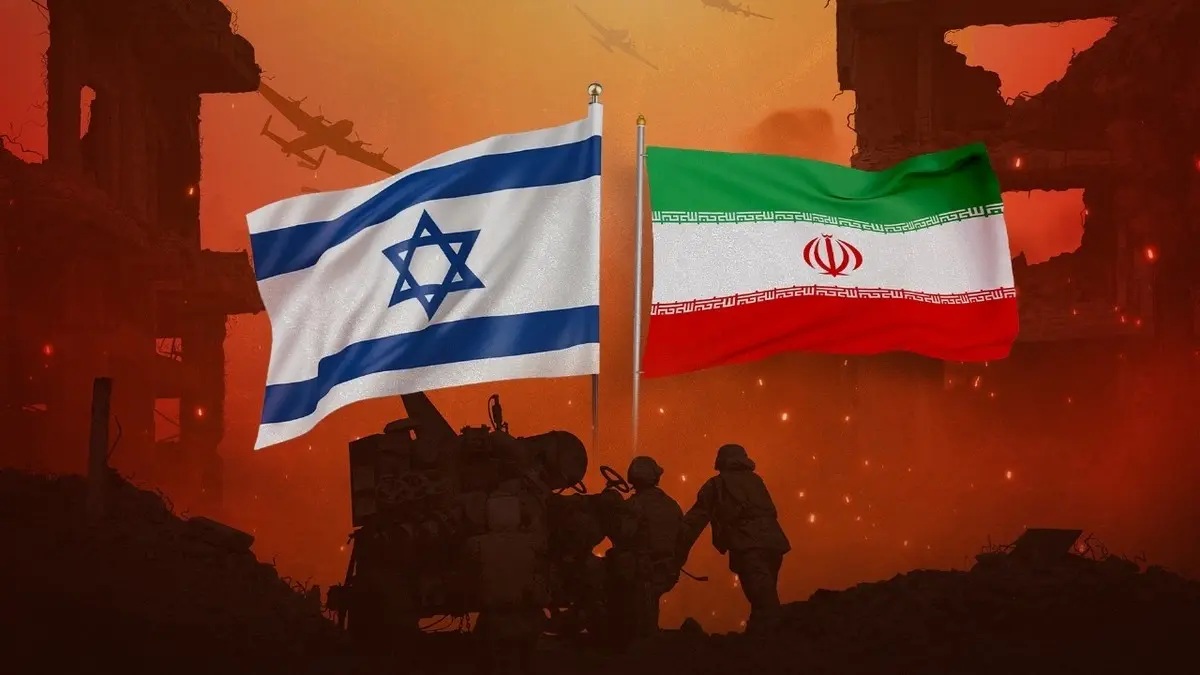The recently concluded 12-day war between Israel and Iran, ended on Tuesday, June 24, 2025, precisely, captured the world’s attention with its speed, intensity, and far-reaching impact.
While the fighting was concentrated in the Middle East, its reverberations were global.
Africa, particularly Nigeria, with its complex security challenges and growing strategic relevance, has much to learn from the events that unfolded.
What began as a series of airstrikes and missile launches quickly escalated into a high-stakes military confrontation between two of the region’s most powerful states.
While the conflict has paused following a U.S.-brokered ceasefire, the lessons it offers extend well beyond the borders of Israel and Iran.
For African nations like Nigeria, the war is more than a distant geopolitical drama.
It is a mirror reflecting critical issues that must not be ignored: national security, strategic deterrence, diplomacy, civil defense, and information warfare.
1. National Preparedness Matters
Israel’s swift response to Iranian missile attacks demonstrated the value of national readiness.
Despite the barrage, civilian casualties were contained in part due to:
- the Iron Dome missile defense system,
- effective early warning systems, and,
- clear public safety protocols.
For Nigeria, a nation facing growing insecurity from insurgents, bandits, and separatist groups, this highlights the need for investment in both technology and infrastructure.
Urban centers in Nigeria, from Lagos to Abuja, lack coordinated emergency response systems in the face of attacks, whether terror-related, cyber, or environmental.
Building resilient civil defense infrastructure, including real-time intelligence and evacuation protocols, is no longer optional in the 21st century.
2. The Power of Rapid Diplomacy
One of the most striking features of the Israel-Iran war was the speed with which the international community intervened.
Within days, back-channel diplomacy involving the United States, Qatar, and European powers halted further escalation.
In contrast, African conflicts, like those in Sudan, the Sahel, or eastern DRC, often languish without timely mediation, leading to prolonged suffering.
Nigeria, as Africa’s most populous nation and a regional power, can draw a key lesson here: proactive diplomacy saves lives.
Abuja must leverage its political weight more assertively to mediate conflicts within West Africa and push for stronger continental conflict-resolution mechanisms.
3. Information Is a Battlefield
Throughout the conflict, information and disinformation flowed rapidly on social media platforms, with each side attempting to control the narrative.
Iran and Israel engaged in digital propaganda wars just as fiercely as they exchanged missiles.
In Africa, disinformation continues to undermine governance, deepen division, and fuel violence, often unchecked.
For Nigeria, where fake news has worsened ethno-religious tensions and electoral disputes, the lesson is clear: managing the information space is a national security imperative.
Government agencies must invest in fact-checking, media literacy, and responsible digital communication, especially during periods of crisis.
4. External Conflicts Can Trigger Internal Shocks
The Israel-Iran war also caused temporary disruptions in global oil markets, sending prices upward.
For oil-dependent economies like Nigeria, such volatility directly impacts revenues, inflation, and foreign exchange reserves.
This should be a wake-up call to accelerate economic diversification.
Relying solely on oil exports makes Nigeria vulnerable to conflicts thousands of miles away.
The war also disrupted air travel and supply chains, reminding African nations of their place in an interconnected global economy where distant wars can affect local businesses and livelihoods.
5. Strength Lies in Deterrence, Not Just Offense
Both Iran and Israel operated under a clear understanding of mutual risk.
Though heavily militarized, their ultimate restraint came from the knowledge that escalation could lead to mutual destruction.
For Nigeria’s security agencies, this raises a relevant point: strength is not just the capacity to attack but the credibility to deter.
Militant groups exploit state weakness and slow responses.
A more strategic posture, based on intelligence, coordination, and targeted deterrence, could help Nigeria prevent attacks rather than merely react to them.
Looking Ahead
The Israel-Iran war serves as a potent reminder that modern conflicts are fast, multi-dimensional, and far-reaching.
For Nigeria and other African nations, the path forward lies in building resilient systems, embracing diplomacy, investing in national defense, and preparing for a world where no nation is truly isolated from global events.
Africa may be geographically distant from the Middle East, but the security, economic, and diplomatic implications of conflicts like this one are deeply relevant, and the time to learn is now.







